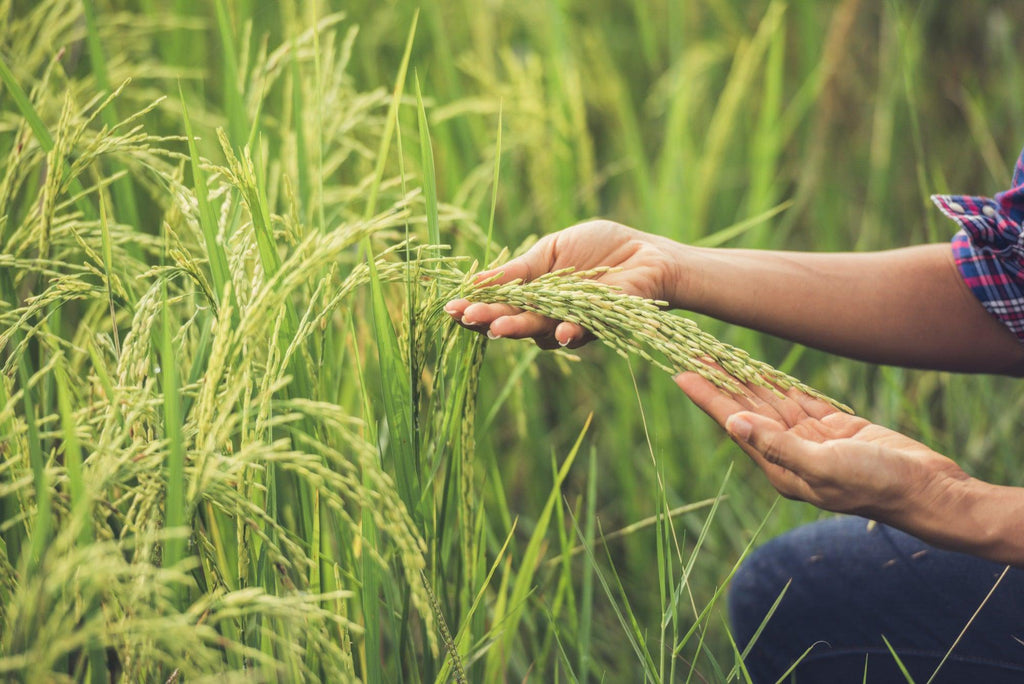
Tackling Major Challenges in Rice Farming

Rice farming plays a vital role in global food production, yet rice farmers encounter significant obstacles that affect the health and profitability of their crops. In this blog post, we will delve into two primary concerns faced by rice farmers and explore potential solutions to mitigate these challenges effectively.
- Water Management: Water scarcity and uneven distribution pose a major hurdle for rice farmers due to the crop's high water requirements. Inefficient irrigation methods exacerbate the problem, making it crucial to address water management effectively. Climate change further compounds these issues, necessitating sustainable solutions.
Solution 1: Embracing efficient irrigation methods, such as drip irrigation systems, minimizes water loss from evaporation and runoff. Directly delivering water to the plant roots optimizes water usage. Implementing alternate wetting and drying (AWD) techniques reduces irrigation water consumption by up to 30%.
Solution 2: Adopting drought-resistant rice varieties that consume less water and adapt to changing climate conditions enhances water scarcity resilience. These varieties can withstand challenging environments and contribute to sustainable rice production.
- Pest and Disease Management: Pests and diseases pose a significant threat to rice crops, leading to reduced yields and compromised quality. Rice blast, stem borers, and planthoppers are common culprits that impact productivity.
Solution 1: Integrated Pest Management (IPM) techniques offer effective pest and disease control. Employing biological control, cultural control, and chemical control methods in a balanced manner ensures comprehensive protection. Predators, parasites, crop rotation, sanitation practices, and targeted pesticide usage are key components of IPM.
Solution 2: Utilizing resistant rice varieties specifically developed to combat pests and diseases enhances crop resilience. These varieties possess robust defense mechanisms, enabling them to withstand attacks and maintain yield and quality.
Conclusion: Rice farming, a crucial agricultural activity providing sustenance to billions, faces significant challenges. Effective water management through efficient irrigation methods and adoption of drought-resistant rice varieties, combined with integrated pest management techniques and resistant rice varieties, can address the major issues of water scarcity and pest and disease management. By implementing these solutions, rice farmers can ensure the production of healthy, profitable crops, contributing to global food security.
